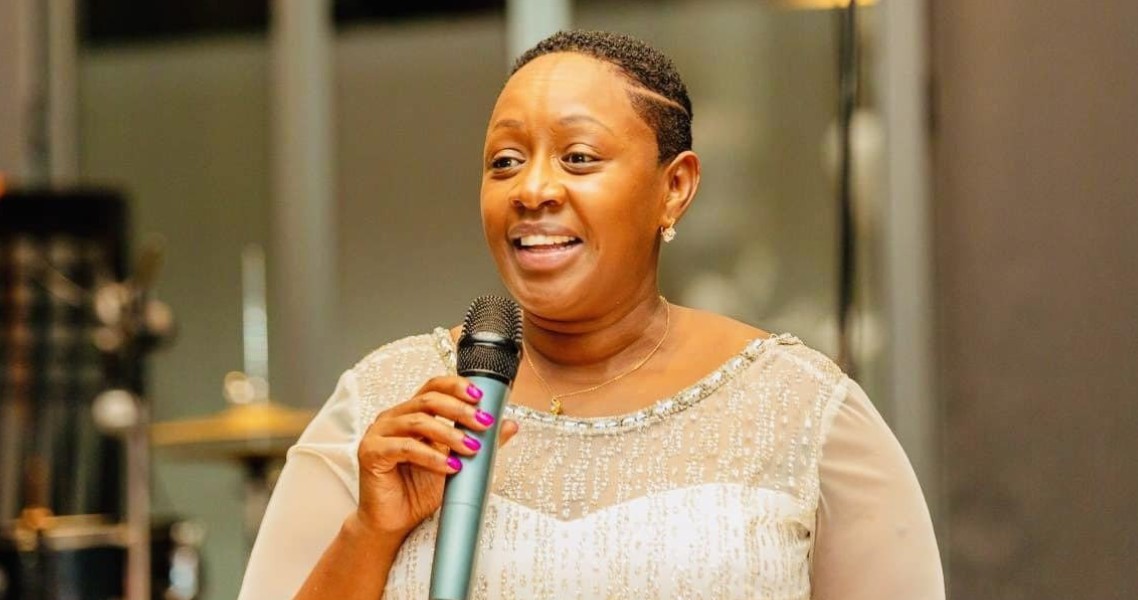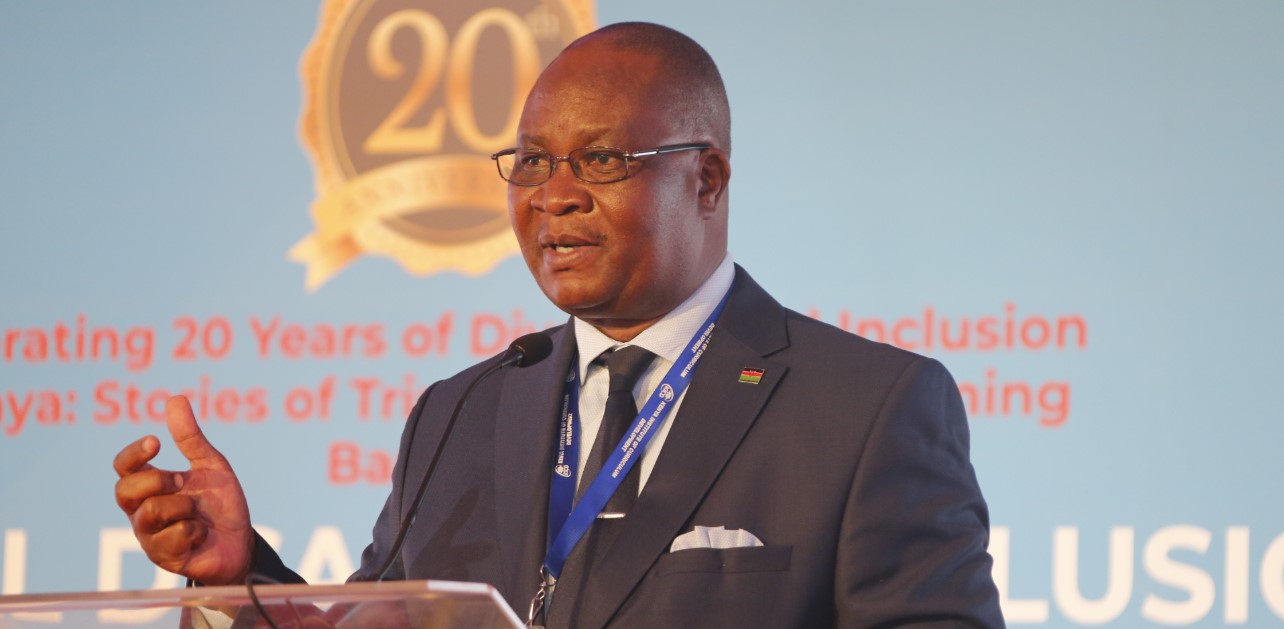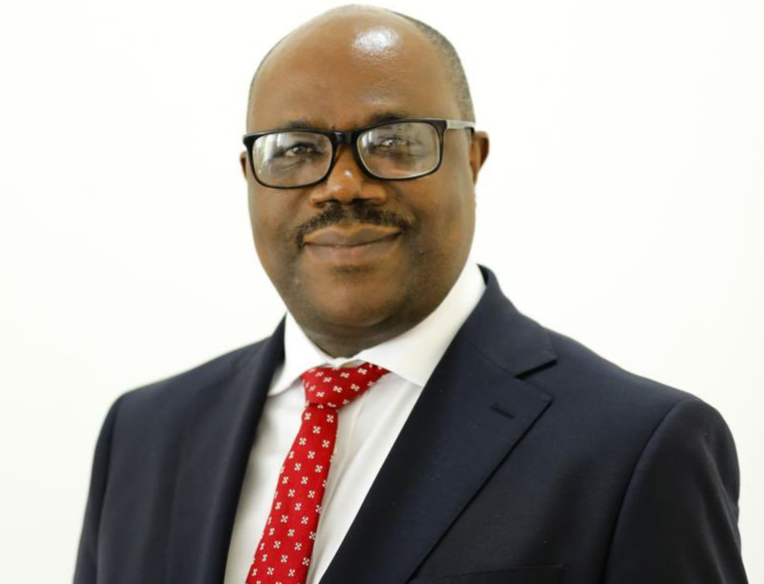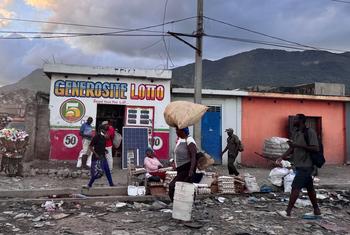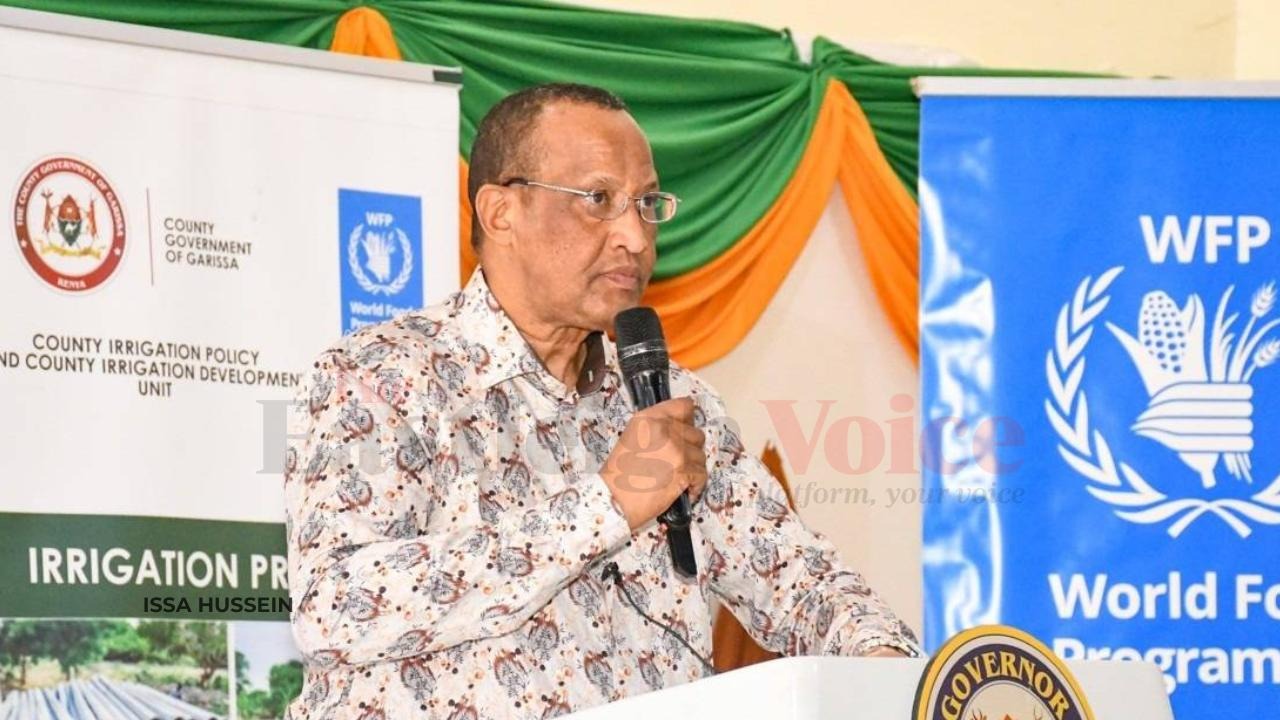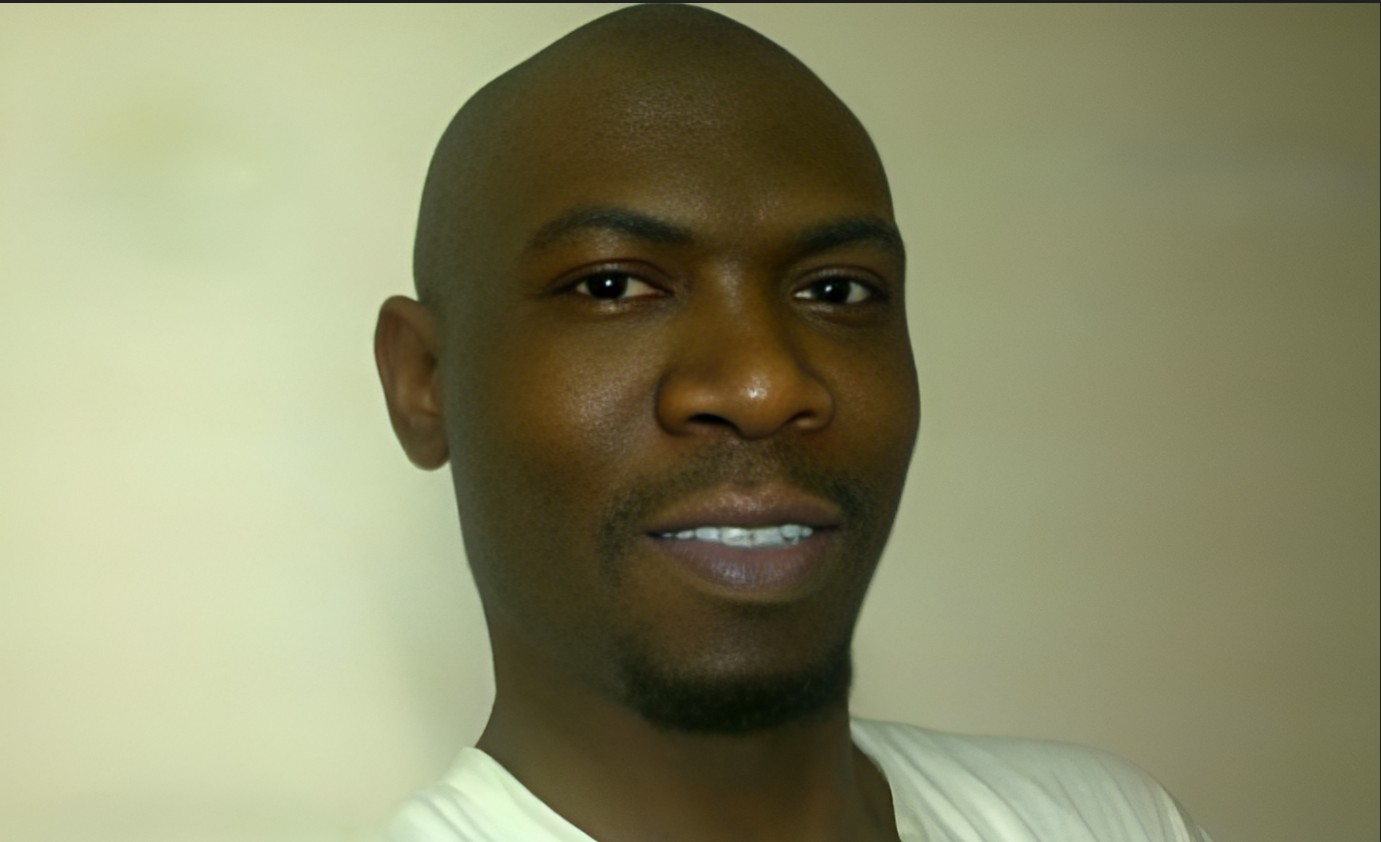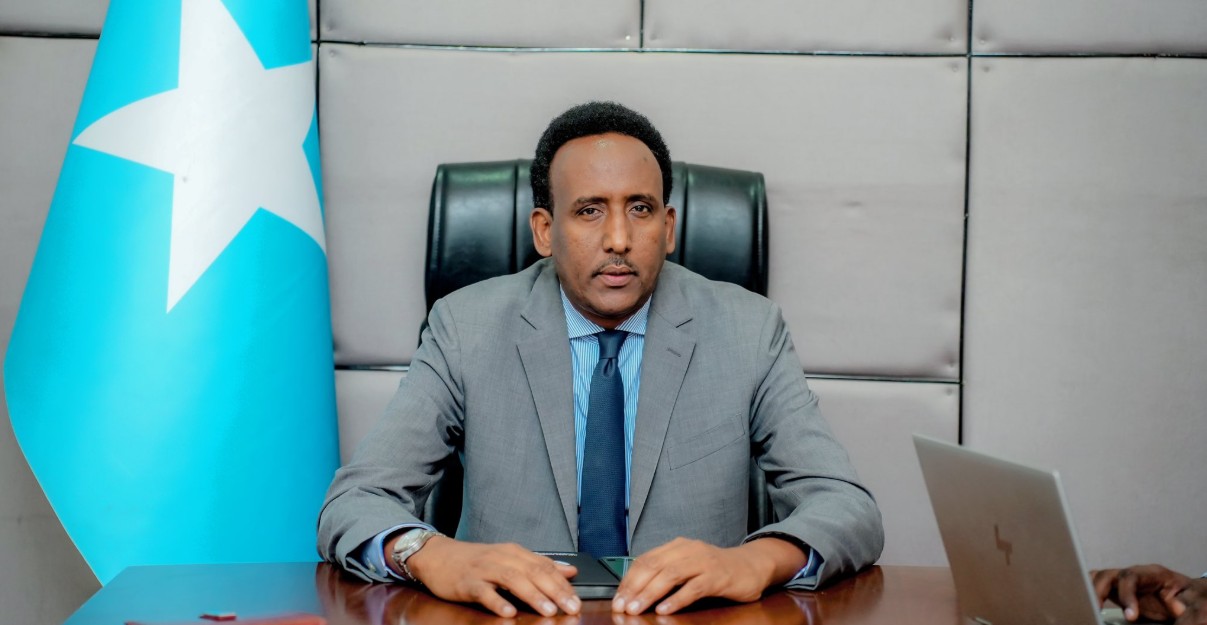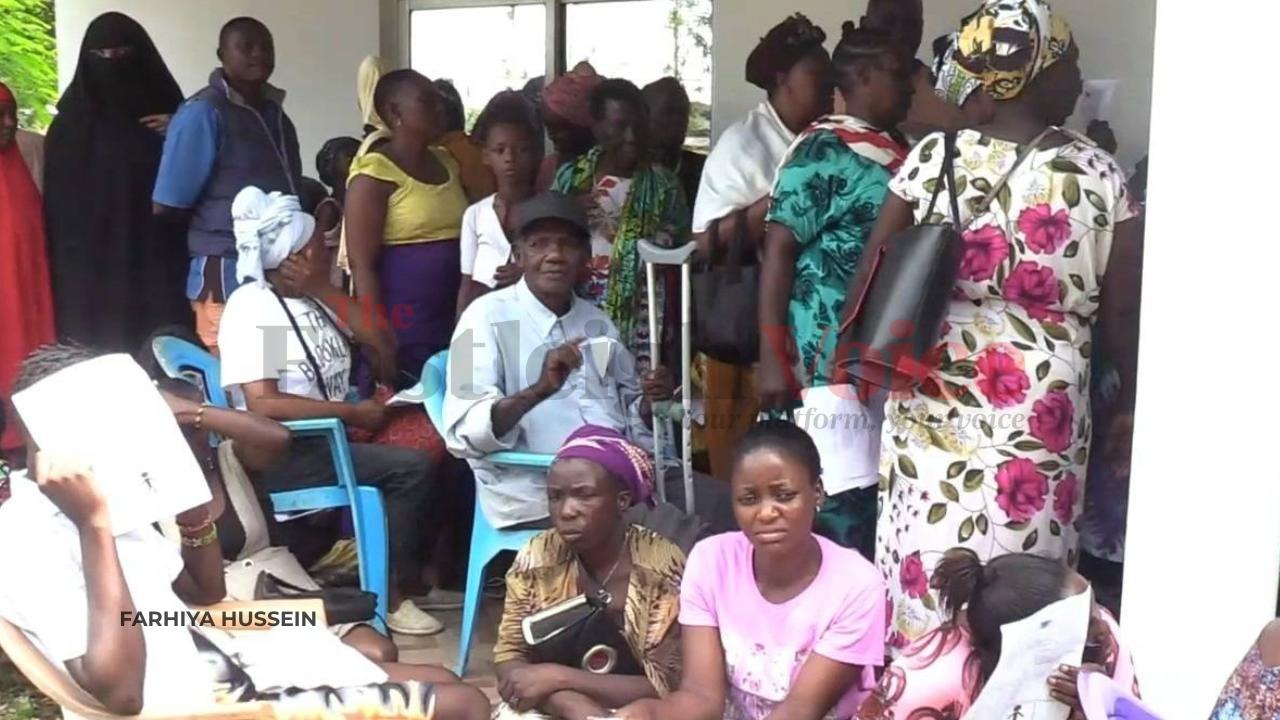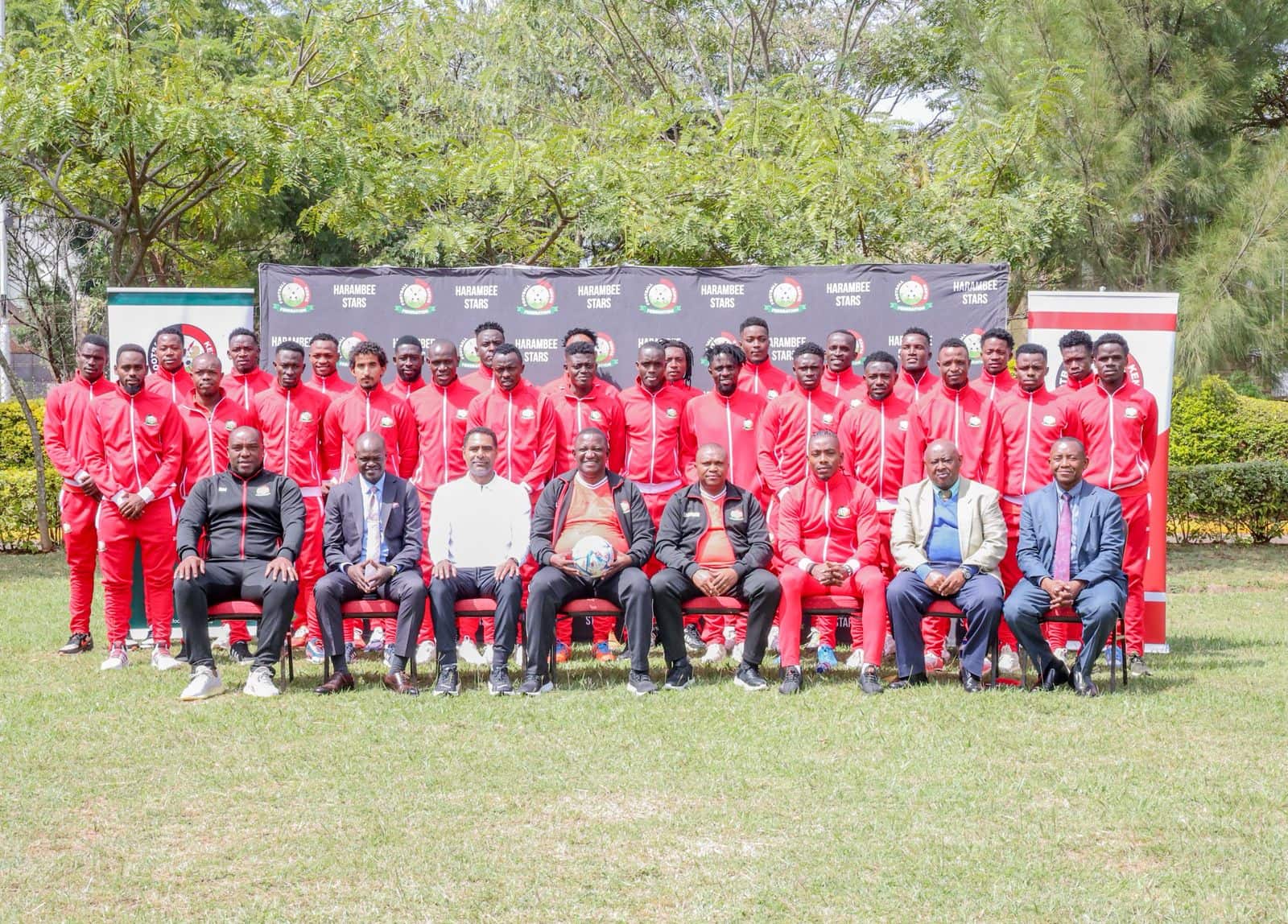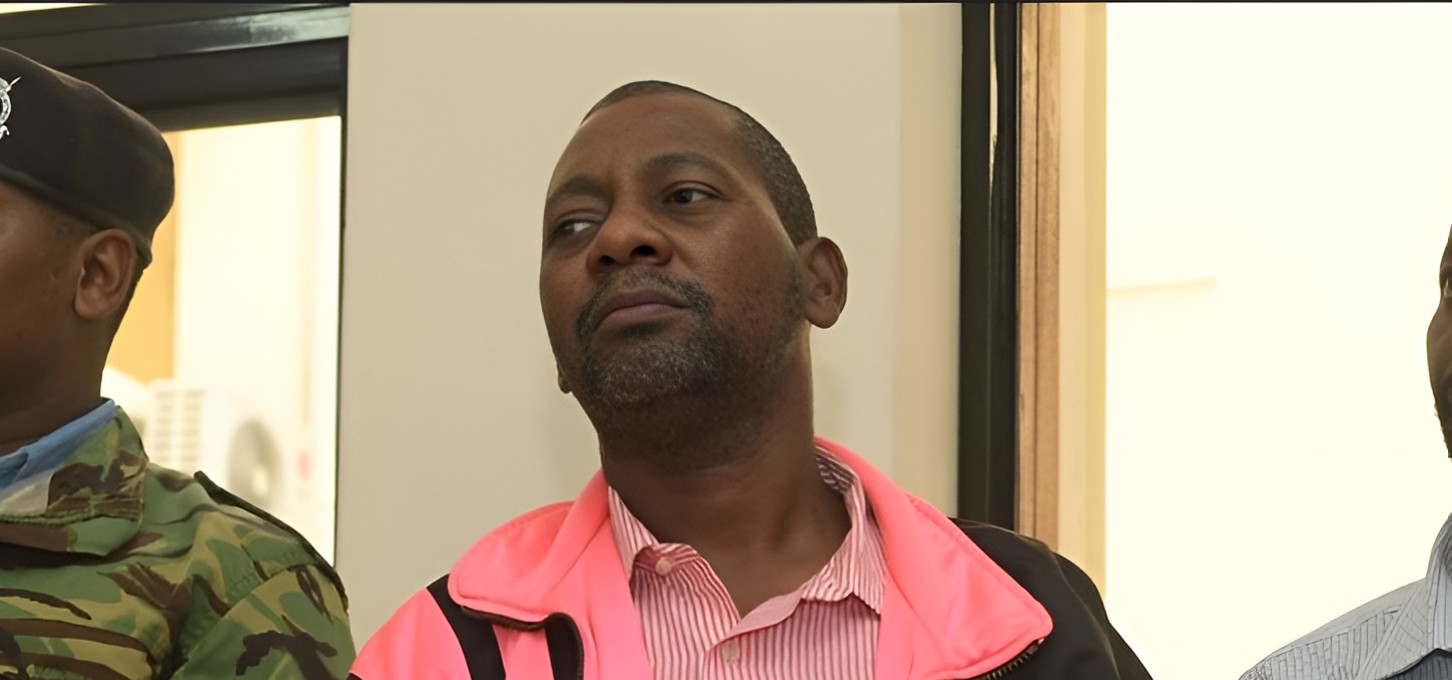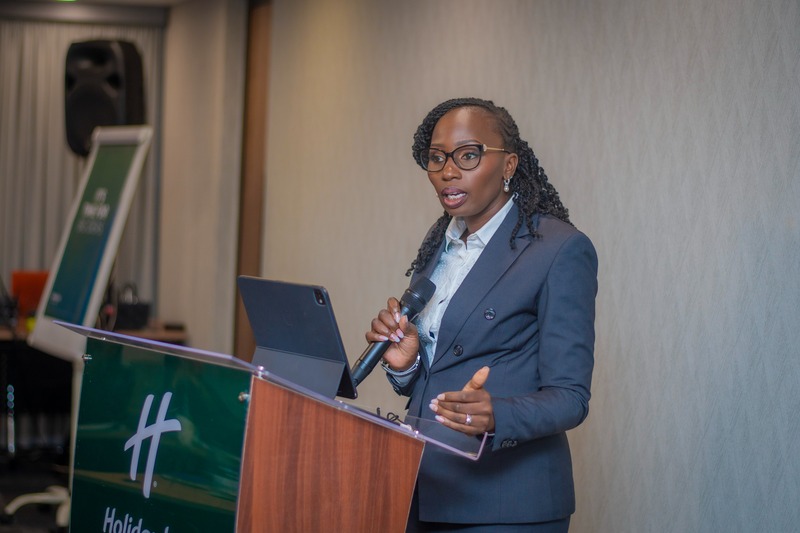Mungatana withdraws Bill seeking to regulate churches citing need for consensus
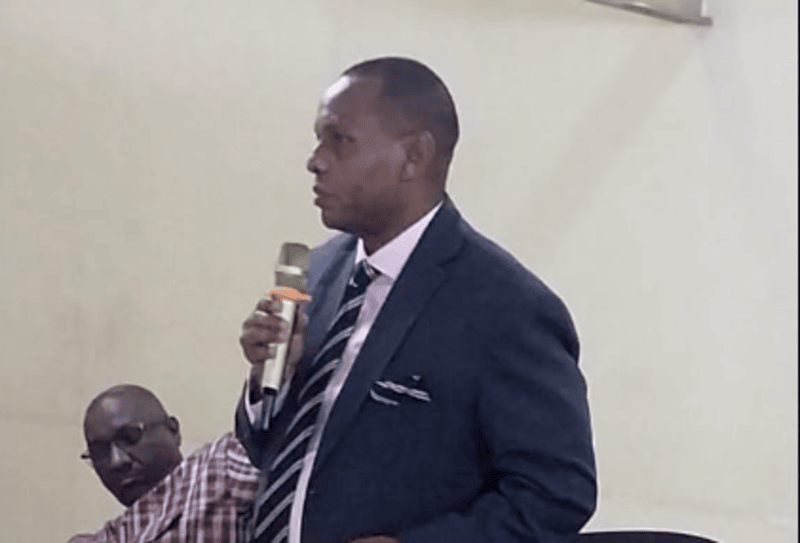
The Bill aimed to curb extremism and address the growing challenges posed by unregulated religious organisations.
Tana River Senator Danson Mungatana has formally withdrawn the Religious Organisations Bill, which sought to regulate religious groups across the country.
In a joint press conference with religious leaders on Wednesday, Mungatana confirmed that he had submitted a letter to Senate Speaker Amason Kingi requesting the bill's withdrawal.
More To Read
- Police hunt for 16 missing people in probe into fresh cult activities in Kilifi
- Malindi police recover body, two skulls, rescue four near Shakahola Forest
- Four bodies found in Mombasa, sparking probe into their 'sudden deaths'
- Senate launches probe into disappearances of Nakuru fishermen
- Senators draft Constitutional Bill to expand their powers
- Twisted faith: How Mackenzie turned scripture into death weapon for followers in Shakahola
“The Bill came into being as one of the recommendations of the Ad hoc Committee on the Shakahola Massacre, which led to the deaths of over 400 Kenyan citizens,” Mungatana said.
The bill, which had already undergone its first reading in the Senate, had been subjected to extensive consultations with various individuals and religious organisations.
“Following the consultations since the bill passed its first reading, it was agreed that I withdraw the Bill to allow for further consensus-building among stakeholders,” he added.
The letter, which was submitted to Speaker Kingi, stated: “In view of the above, this letter serves to officially confirm the withdrawal of the Bill, and for all intents and purposes, the Bill stands withdrawn.”
SENATOR MUNGATANA WITH CLERGY OVER THE RELIGIOUS ORGANISATIONS BILL
— Sen. Danson Mungatana MGH, MP. (@Hon_Mungatana) November 26, 2024
I had a very fruitful meeting with leaders of umbrella church organisations representing hundreds of thousands of worshipers to consult with them on the Religious Organisations Bill.
This Bill was borne out of… pic.twitter.com/O1LTh2jZny
The Bill aimed to curb extremism and address the growing challenges posed by unregulated religious organisations. Among its provisions, the Bill proposed a fine of Sh5 million or a three-year prison sentence, or both, for anyone operating an unregistered religious organisation.
It also outlined strict requirements for applications, including the need for at least 25 people who share the same faith, an endorsement from an umbrella religious organisation, and the presence of qualified management staff, with at least one religious leader holding a degree, diploma, or certificate in theology.
In October, President William Ruto affirmed that his administration would not impose regulations on religious activities, citing the constitutional guarantee of freedom of worship.
He further noted that any reforms aimed at regulating religious institutions should be led by the institutions themselves, in line with recommendations from the Presidential Taskforce chaired by Rev. Mutava.
In response to the need for regulation, religious leaders have formed a task force to develop a comprehensive framework for the self-regulation of churches.
The task force will develop a comprehensive framework for self-regulation to ensure that churches remain transparent, accountable, and aligned with their spiritual mission.
“We reaffirm our commitment to safeguarding the interests of our members and upholding the constitutional right to freedom of worship and assembly,” the religious leaders said.
Top Stories Today
